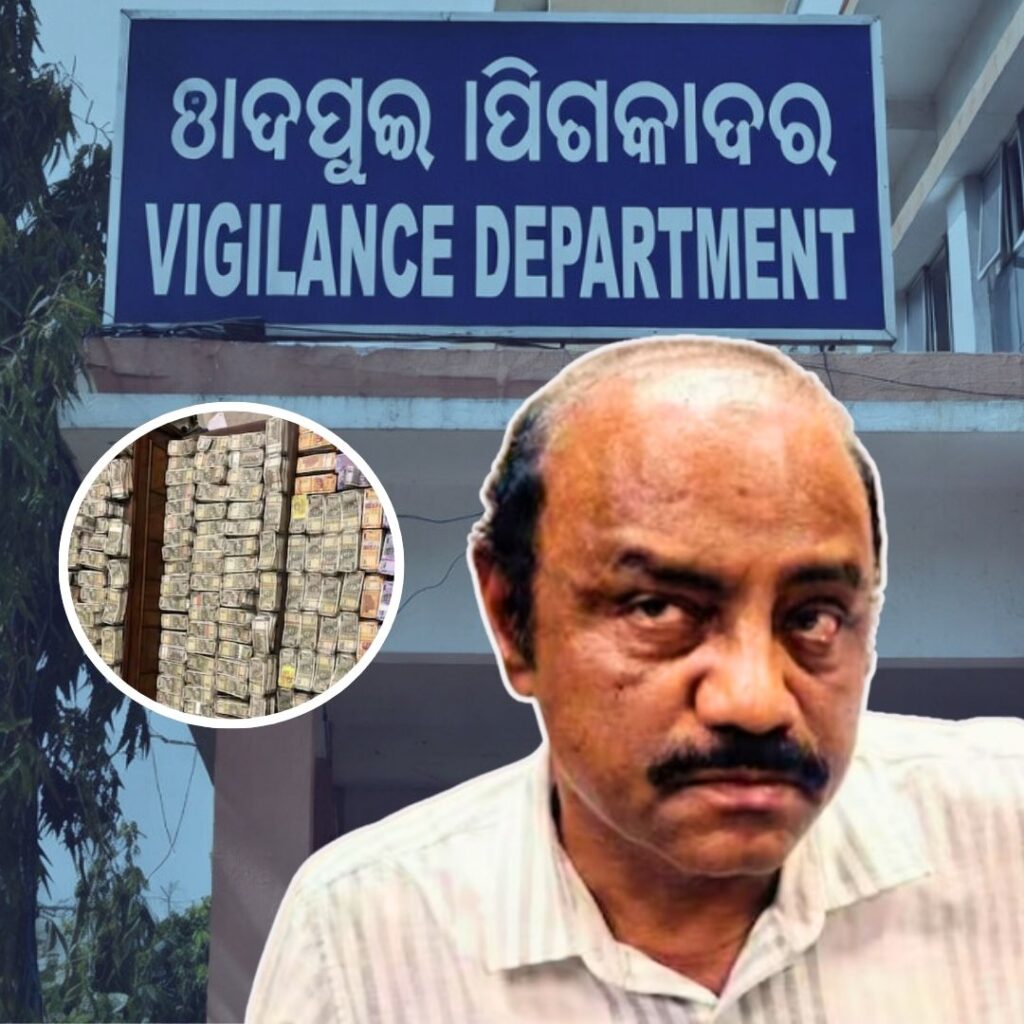In a landmark move, the Orissa High Court has ordered the recovery of ₹2 lakh from the salary of a Tahasildar for the illegal demolition of a community centre, highlighting a “troubling pattern of bulldozer justice” in Odisha.
The court also directed the state government to pay ₹10 lakh in compensation to the affected villagers, sending a strong message about the need for accountability, respect for due process, and protection of citizens’ rights.
Court’s Strong Message: Personal Liability for Official Misconduct
On June 25, 2025, Justice Sanjeeb Kumar Panigrahi of the Orissa High Court delivered a scathing judgment against the Tahasildar, who authorised the demolition of a ‘goshtigruha’ (community centre) on grazing land in violation of a court order.
The structure, which had stood since 1985 and was rebuilt after the 1999 super cyclone with public funds and local effort, was razed even as the legal dispute over its status was ongoing. The court condemned the official’s disregard for judicial authority, stating, “The conduct of the Tahasildar reflects a conscious and steady departure from the standards expected of a responsible public officer.
” By ordering ₹2 lakh to be recovered from the Tahasildar’s salary and ₹10 lakh to be paid by the state, the court set a rare precedent for personal accountability in cases of administrative overreach.
Wider Context: Rising Concerns Over ‘Bulldozer Justice’
The case is emblematic of a growing national concern over “bulldozer justice”a term used to describe the demolition of properties by authorities without proper legal procedure, often in defiance of court orders or without giving affected parties a fair hearing.
In recent years, such incidents have been reported in several states, raising alarms about the erosion of due process and the targeting of vulnerable communities.
The Supreme Court has repeatedly cautioned against such practices, emphasizing the need for notice, hearing, and judicial oversight before any demolition.
In this context, the Orissa High Court’s decision to impose direct financial liability on the erring official stands out as a significant step towards strengthening legal safeguards and deterring future violations.
Community Impact and Reactions
The demolition of the community centre has had a profound impact on the local villagers, who relied on the facility for gatherings, social functions, and shelter during emergencies.
Many residents expressed relief and gratitude after the court’s verdict, seeing it as a rare instance of justice being delivered to ordinary citizens against the might of the state machinery.
Civil society organisations have welcomed the judgment, calling for its implementation across the country to curb the misuse of administrative power.
Meanwhile, legal experts have noted that the court’s approach recovering compensation from the official’s salary rather than public funds could serve as a deterrent and foster greater accountability among public servants.
The Logical Indian’s Perspective
The Orissa High Court’s ruling is a beacon of hope for those who believe in the rule of law and the protection of fundamental rights. By holding the Tahasildar personally accountable, the court has reaffirmed the principle that public office is a position of trust, not unchecked power.
This judgment is not just about one building or one official it is about setting a standard for justice, empathy, and responsible governance. As citizens, how can we ensure that such legal safeguards are respected everywhere, and that the voices of the vulnerable are always heard?













